Restorative Practices
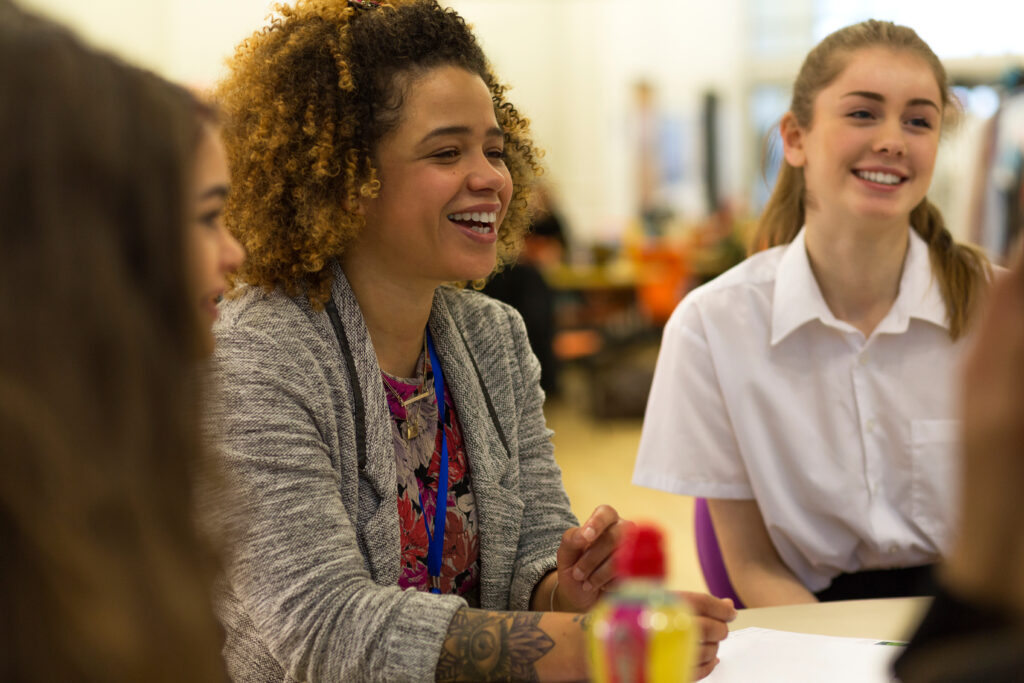
In partnership with Chicago Public Schools, the Education Lab evaluated the effect of restorative practices implemented in high schools across the district.
Challenge
The implementation of punitive, zero-tolerance policies led to the suspension of more than 3.5 million U.S. public school students in SY 2012, more than the entire population of Chicago.
Opportunity
To reduce potential harm to students caused by punitive policies and to keep students safe and learning while in school, the Education Lab worked with Chicago Public Schools to support the uptake of restorative practices in the classroom. These practices focus on helping students improve their conflict-resolution skills and equipping teachers with strategies to support students rather than suspend them.
Project overview
Restorative practices (RP) promote the development of socio-emotional learning by encouraging self-reflection, empathetic listening, and the creation of non-judgmental spaces for conflict resolution.
While RP is a fairly new concept in public schools, it is quickly increasing in use across the nation. To measure its effects on student behavior, the University of Chicago Education Lab evaluated student-level, short-run educational and behavioral outcomes across 239 high schools within the Chicago Public Schools (CPS) system. The study analyzed data from the start of the 2008-2009 school year through the end of the 2018-2019 school year – both before and after CPS began the implementation of RP programs in 2013-2014. By comparing student behavior before and after exposure to RP and across multiple school environments, the study provides first-of-its-kind insights into the causal effects of restorative practices programming.
Watch this video for an overview of our evaluation of Restorative Practices.
Years Active
2018 – present
Topics
Project Leads
Anjali Adukia
Assistant Professor, University of Chicago Harris School of Public Policy

Ben Feigenberg
Associate Professor, University of Illinois Chicago

Fatemeh Momeni
Research Director

Results
The Education Lab study found that restorative practices reduce student arrests in and outside of school and for violent and non-violent offenses, and may generate positive, genuine changes in student behavior. Schools that implemented RP policies saw a staggering 35 percent reduction in student arrests in school and a 15 percent reduction in out-of-school student arrests. The study saw declines in arrests for both violent and non-violent offenses.
In addition to significant decreases in student arrests, RP decreased out-of-school suspensions by 18 percent and improved students’ perceptions of school climate. This improvement in perception is driven by large increases in students’ perceptions that their peers’ classroom behavior improved, their increased feeling that they belong at school, and that school is a safe place to be.
Programmatic benefits were particularly large for Black students.
While RP policies have previously shown promising results regarding the relationship between RP and positive outcomes, this study fills a critical gap in the research by providing the first causal evidence of the effectiveness of RP in schools. Administrators can now take into consideration this extended analysis when implementing their own programs, particularly as schools continue to grapple with the effects of the COVID-19 pandemic. The pandemic dramatically reduced in-classroom instruction and corresponded with an uptick in student disciplinary incidents. As schools now work to accelerate student learning, boost in-classroom instruction, and address students’ socio-emotional needs, RP programs may help to generate tangible, positive results.

For the last decade, CPS has been working tirelessly to reduce the reliance on punitive measures as a response to student behavior. As more evidence becomes available regarding the benefits of restorative practices, I hope school districts follow our lead and implement similar programs with equally successful outcomes.
Chief of Safety and Security, Chicago Public Schools

The implementation of restorative practices in schools has been critical for our young people, and these practices are driving down the use of harsh discipline methods that disproportionately impact youth of color. The programming is valuable not only to students but also to educators, who receive ongoing professional development and support from our expert coaches.
Executive Director, Alternatives, Inc.
Latest Updates
A restorative approach to student discipline shows promise in reducing suspensions and arrests
Suspensions are a common form of official discipline implemented in American schools, but can alternative approaches prove effective in reducing harmful student behavior?
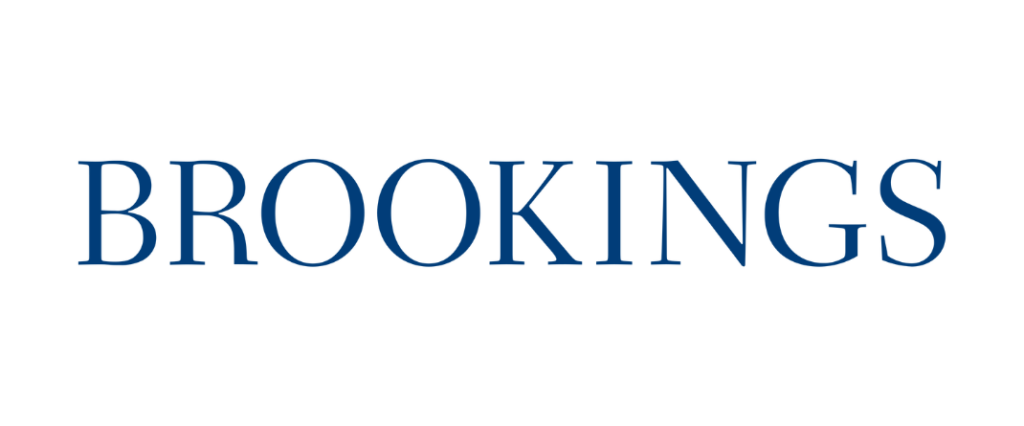
Anjali Adukia on restorative practices in schools
Crime Lab affiliate Anjali Adukia joins the Probable Causation Podcast with Jennifer Doleac to discuss research on the use of restorative justice practices in schools.

Is Chicago’s shift to restorative justice and fewer school police working? Some say yes.
Chalkbeat Chicago’s Becky Vevea discusses Chicago Public Schools’ shift to restorative practices and the Education Lab’s recently released study of the impact of this shift.
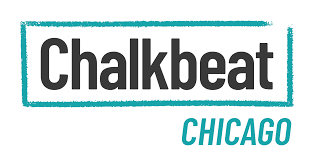
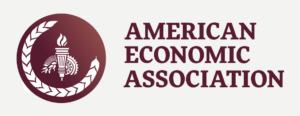
From Retributive to Restorative: An Alternative Approach to Justice in Schools
This paper evaluates the impact of Chicago Public Schools’ adoption of restorative practices on student behavior, finding decreased suspensions and arrests, particularly for Black students.
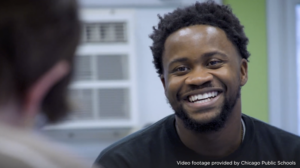
Video – From Retributive to Restorative: An Alternative Approach to Justice
This video provides an overview of the Education Lab’s evaluation of the effect of restorative practices implemented in high schools across Chicago Public Schools.
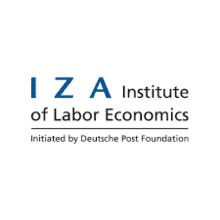
From Retributive to Restorative: An Alternative Approach to Justice in Schools
This paper evaluates the impact of Chicago Public Schools’ adoption of restorative practices on student discipline, finding decreased suspensions and arrests, particularly for Black students.

NBER working paper – From Retributive to Restorative: An Alternative Approach to Justice
This paper evaluates the effect of restorative practices implemented in Chicago high schools, finding decreases and student arrests in and outside of school and for violent and non-violent offenses.
